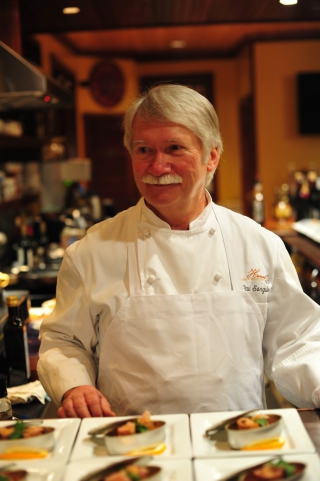
Think Tank: There is no Rest for Education Leadership
Friday, 27 May 2016 14:04Summer signifies a time to map out successful future program strategies.

Summer signifies a time to map out successful future program strategies.
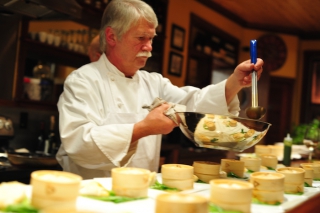
“Price (for education) is what you pay. Value is what you get.” -Warren Buffett
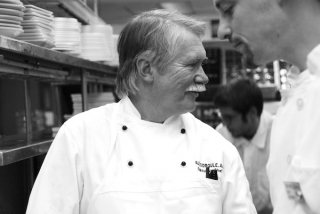
Culinary leadership should separate the interesting from the critical to determine forward thinking methodologies.
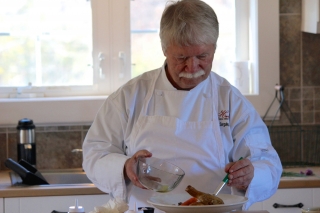
The most important quality of a culinary program is the quality of its faculty and not the facilities. Spending time to identify a perspective educator’s “fit” is the most important time you will invest in your program.
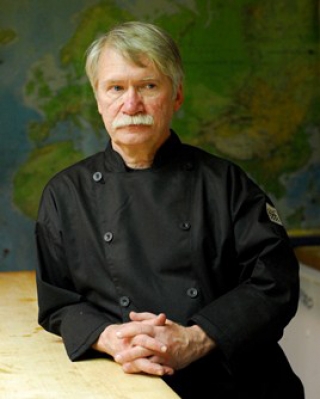
Successful programs cultivate and develop an entrepreneurial spirit from students to faculty to administrators – they treat it as if they own it.